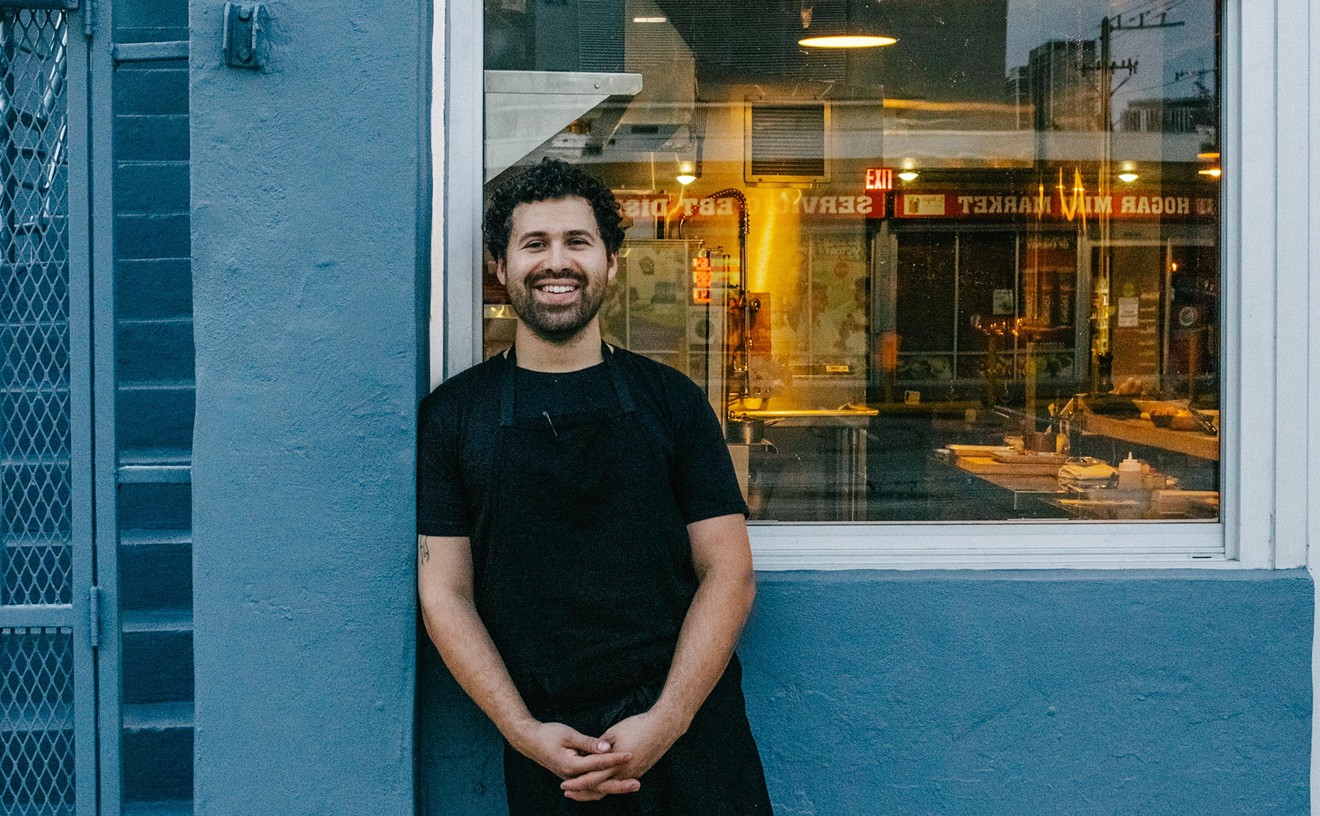Stories about cops (ex- or otherwise) who hit the sauce roll off the Hollywood assembly line with about the same frequency as those featuring hookers with hearts of gold, sleazy Latin drug dealers, Mafia hit men, and treacherous gangster molls. Which is to say, all the damn time. And this film, based on James Lee Burke's novel of the same name, incorporates every one of those shopworn archetypes. Burke's fiction enjoys a reputation for mastery of the southern Louisiana vernacular; it also boasts characters as spicy and indigenous to the region as muffuletta sandwiches, crawfish etouffee, and the powdered sugar beignets at New Orleans's Cafe du Monde. But this motion picture adaption of his work tastes as authentically Cajun as a McDonald's cheeseburger with a dollop of Tabasco. It may be set in the Big Easy and punched up with explosive rounds of bloody violence, but in the end it follows the same tired old recipe as a thousand other detective movies, books, and TV series.
Did I mention that Dave has relationship problems? Annie badgers him because she suspects (correctly) that he regrets his decision to leave the police force (which he did as much to mollify her as to avoid the temptations of life on the edge). Annie also supposes (correctly again) that Dave resents her for it. Perceptive as she seems, the poor girl doesn't realize that Dave's suppressed rowdy instincts should be the least of her worries; is there a job with a higher mortality rate than love interest to an action hero? As anyone familiar with the genre knows, the primary function of wives in shoot-'em-ups is to die violently at the hands of a sadistic creep, thereby giving the hero a more compelling reason to spring into action. Killing off the loyal spouse generates sympathy for the latent warrior and frees him up both to kick ass and to pursue fresh booty.
But Annie doesn't check out for a while. The audience needs to embrace her -- to like her -- first, and this is achieved by bestowing a child (Annie and Dave haven't any) on the couple courtesy of one bizarre stork: a small private airplane that crashes into the Gulf of Mexico a few yards from Dave and Annie, who just happen to be out boating at the time. Dave literally dives into action and rescues a lone survivor from the sunken fuselage A a young Salvadoran girl whose mother, also aboard the plane, has already perished. The Robicheauxs unofficially adopt the little lass. Poof! Instant nuclear family. No muss, no fuss.
An unexpected visit from a friendly DEA agent named Minos (Vondie Curtis Hall) cracks the Robicheauxs' newly constructed shell of domestic bliss. Dave learns that not only was the plane that delivered his new daughter ferrying dope and illegal aliens, but also that its pilot was a DEA informant. The crash was the result of sabotage. The fed picks Robicheaux's brain and then warns him not to meddle -- the first of several such warnings from good guys and bad guys alike that the hard-nosed Robicheaux will ignore. (Flying in the face of such sound advice is a time-honored action-movie tradition.)
The filmmakers fail to establish clearly whether Robicheaux really believes (as he claims) that his family is in danger from whoever blew up the plane A and presumably expected to leave no survivors A or (as Annie contends) he just misses police work. Maybe it's a little of both. Whatever his true motivation, Dave goes to New Orleans to poke around. He stirs up more trouble than he bargained for, slowly but surely getting sucked back into the vortex of crime and violence he tried to leave behind. If his family wasn't really in jeopardy before, Dave's inability to mind his own business virtually ensures a nasty visit to them from the bad guys. Dave suddenly finds himself on a collision course with a childhood chum turned macho crime lord (Eric Roberts) and his hot-blooded vamp of a wife (Lois and Clark's Teri Hatcher, exposing a side of herself that only Clark Kent's x-ray vision has heretofore seen).
Through it all, Alec Baldwin looks the part of the handsome but world-weary ex-cop, at least in a cleaned-up, movie-star kind of way. (A few more miles on his face might have made Robicheaux's violent, alcohol-drenched past a bit more believable.) Even as Dave and Annie tend to their quiet little bait shop out on the bayou, you're supposed to sense that the former crime buster's darker impulses lurk just beneath the surface. Baldwin's Robicheaux lacks that depth. And even more serious credibility problems arise when Dave's actions trigger tragic repercussions. Baldwin is called upon to emote, laying bare his limited range as a thespian. The actor steals a page from Don Johnson's book of macho stoic poses and throws in a few furrowed brows and facial tics of his own devising. The narrative, which never really got rolling in the first place, comes as unglued as its central character.
Speaking of Don Johnson, substitute Sonny Crockett for Dave Robicheaux, Tubbs for Minos, the Deco District for the French Quarter, and the Everglades for the bayou, and Heaven's Prisoners could be a new episode of Miami Vice. Consider the similarities: A hard-boiled, steely-eyed white cop battles the bottle and the bad guys. His enemies include Latin drug dealers, mob hit men, and a childhood friend with divided loyalties. His allies consist of a fallen woman with a heart of gold and a wisecracking black lawman with a knack for turning up in the nick of time. They may be pitching Heaven's Prisoners as a juicy, Cajun-spiced new dish. It's really just blackened leftovers. Take no Prisoners.









